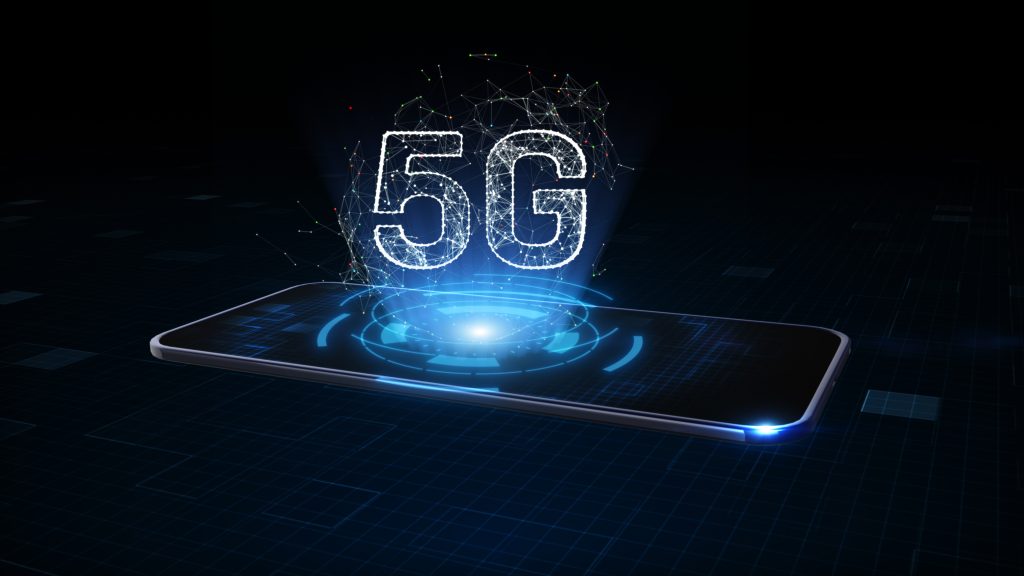US FCC grapples with 5G’s role in net neutrality regulation
As the FCC prepares to vote on net neutrality, debates over the inclusion of emerging 5G technology and the influence of Big Tech giants add layers of complexity to the regulatory landscape.

The US Federal Communications Commission (FCC) is set to vote on reinstating net neutrality regulations, echoing Obama-era rules aimed at preventing internet service providers from discriminating against certain websites. However, the FCC faces a challenge in defining the modern ‘internet’ landscape, which has evolved significantly since the early 2000s, extending beyond traditional devices to include a vast array of connected items.
A proposal to exempt emerging 5G technology called ‘network slicing’ from net neutrality regulations has sparked controversy. Advocates argue that these 5G ‘slices’ are crucial for running next-generation applications, but critics warn that exempting them could create loopholes detrimental to overall internet regulation.
While the FCC seeks to balance consumer protection and technological innovation, concerns linger over potential gaps in the proposed regulations. Additionally, the rise of Big Tech as secondary gatekeepers capable of influencing content access and delivery adds another layer of complexity to the net neutrality debate, one that falls outside the FCC’s direct jurisdiction. As regulators navigate these challenges, they must consider the broader implications for competition, innovation, and consumer rights in the digital age.


